The disappearance of Culture: can we save it?
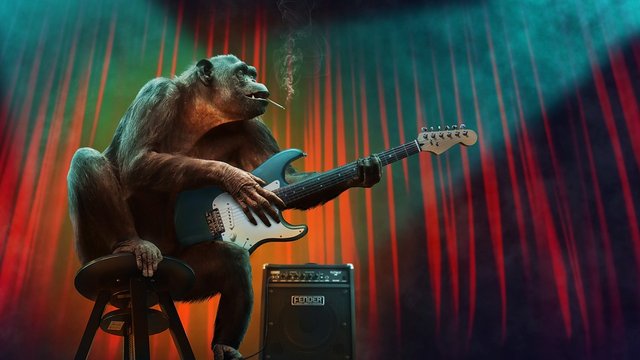
The Peruvian writer Mario Vargas Llosa, winner of the Nobel Prize for Literature in 2010, published a few years ago, in English (John King's translation), his book Notes on the Death of Culture: Essays on Spectacle and Society. The central thesis of the book is that what is grouped under the definition of "Culture" has changed significantly in recent decades and could be summarized with the following quote of its author: "Culture, in the sense that has traditionally been given to this word, is in our days about to die". Maybe it already did.
What was Culture? What is culture today?
The most direct and clear way to observe any change is through comparison. When comparing a current situation with the pre-existing condition, it can be judged whether any change has arisen and then analyze whether that change has represented an evolution or a setback. To avoid confusion and to emphasize the sustained thesis, I will talk about Culture (with a Capital "C") when referring to what I consider, like Vargas Llosa, True Culture and I will name culture (with a minuscule "c") to refer to that amorphous and insubstantial conglomerate that has supplanted the identity of that other one.
In ancient Greece, in Rome, during the Renaissance period, and even at the dawn of the 20th century, Culture was the sum of several factors: ideas, values, works of art were included of course, along with historical, religious, philosophical, and scientific knowledge, all of them in constant evolution, in search of new horizons. Culture was then a social guide, a compass for human beings on the direction in which to move forward, a set of ideals that constituted the supreme condition that society, in its time, wanted to achieve. It was the look towards the next evolutionary step of the people. However, since the last century, this concept has been reduced and has disappeared under a contraption that has managed to supplant its title. I had previously reflected on this point but had not managed to find the source of that deterioration. That is, how did this happen? What caused the devaluation of what until less than a century ago was understood as Culture?
Vargas Llosa, genius thinker, has given me light on this. One of the many reasons, he alludes, is the fact that the anthropological meaning of the word culture has spread in such a way that it has managed to displace the previous concept. For anthropologists, culture is "the sum of beliefs, knowledge, languages, customs, attire, uses, kinship systems and, in short, everything that a people says, does, fears or adores" . And that definition and, even more, its acceptance and diffusion beyond the limits of anthropology, has led to that practically anything can be considered culture, leading to originate things so unthinkable in another time as Punk culture, for example.The role of art
In the past Culture, art (and knowledge in general) sought to endure, transcend, enrich human experience. Men like Leonardo Da Vinci, René Descartes, Albrecht Dürer, Isaac Newton, Mozart, Tolstoi, built their lives around high ideals, in which the realization of their respective disciplines were his first reward and ultimate end, even to reach a personal and spiritual fulfillment through his paintings or compositions. The current culture seeks commercial success and seizes its moment, because it is known to be ephemeral and insubstantial. It's not motivated by human transformation, but by the culture of entertainment because "escaping from boredom is the universal passion". So "at present everything can be art and nothing is". What do you feel when you read on Wikipedia that Michelangelo was an artist and then a television advertisement announces the artist Daddy Yankee? Are Beethoven and Pitbull equally composers? And what about the so-called "contemporary art" in which absurdities such as John Cage with his 4'33" or the Zygotic Acceleration of the Chapman brothers, or even a toilet, are celebrated as artistic revolutions and not like the nonsense that they are? Like a snowball effect, the trivialization of the concept of culture has in turn led to the deterioration of other basic postulates for it, such as music, art, ideologies, among others.
Ideas are no longer the driving force of cultural life. Images have dominated ideas, quantity to quality, price to value; and the democratization of culture has decided its trivialization, because the only way for Culture to reach the largest number of individuals was to make it culture, reducing it, impoverishing it, until making it understandable to all and promoting that conformity and that lightness of thought. Most people want to have fun, be entertained, but they don't wanna think. Today's readers want easy books because they are looking for fun. They prefer to read best sellers lightweight than to unravel jorge Luis Borges or William Faulkner; and the call light literature (a name that is obviously contradictory and unnatural) leaves them with that comfortable impression of being "cult", just for the sake of rolling their eyes over the lines of a page binding. Now it turns out that we are all cult. And to say that, is to admit that nobody is.
Is it possible to save Culture?
Philosophical systems, religious beliefs, ideologies, all have been replaced by advertising, concerts, football, sports, drugs, in a word, by the current god: entertainment. This culture of the masses is the one that dominates because the dissenting voices have decided to keep silence, or not make enough noise. This frivolity, this insubstantiality in the arts, music, sculpture, painting, politics, will not disappear as long as it remains an unrecognized disease. How to correct a fault if it is not recognized in the first place? We allowed ourselves, as a society, as humanity, to reach this point, but it also depends on us, to make us worthy of the legacy of so many giants. In the last case, I think Culture will not disappear. Maybe you should corner yourself and take refuge in waiting for the Chronos storm to put an end to everything ephemeral and banal, allowing a new approach to the enduring. The radio hits of last summer are soon forgotten and the news of the previous night more quickly, but the validity of La Gioconda or Don Quixote is counted by centuries and hasn't done more than grow.
Much remains to be said about such an extensive and, in my opinion, so important issue, but I leave the other reflections that may arise for future opportunities. Without a doubt, from the reading and analysis of that book by Mario Vargas Llosa, as well as from a critical observation of the world around us, many enriching ruminations can emerge and call us to consciousness the next time we are going to use terms like culture, art, music or artist. Although it seems a tiny task before the titanic task of safeguarding our historical legacy, we will be taking a small step in the right direction. It's a mistake to do nothing with the excuse that we can do little. Let's do what we can.
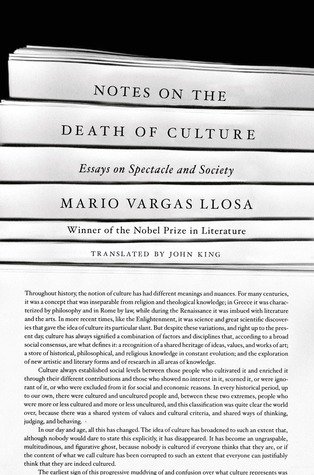
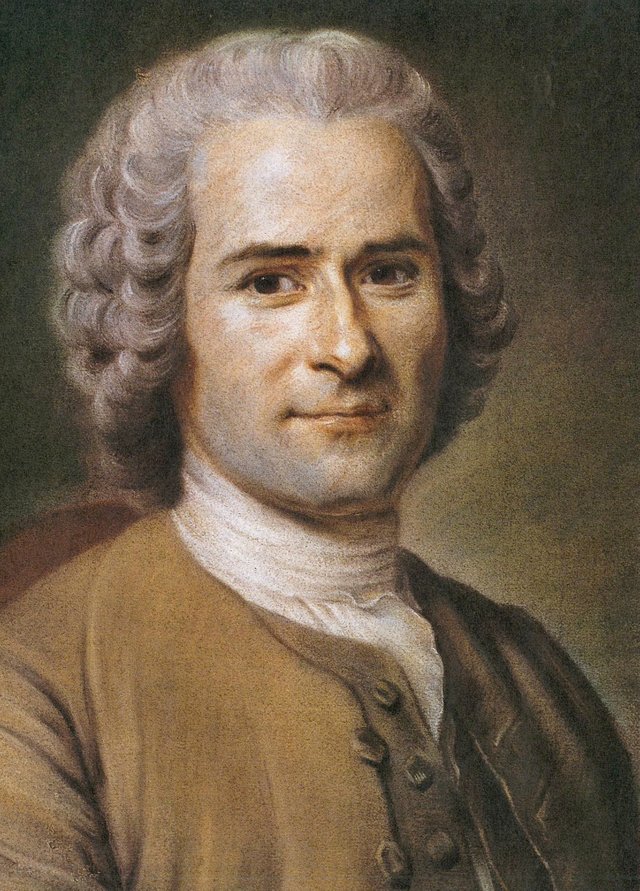

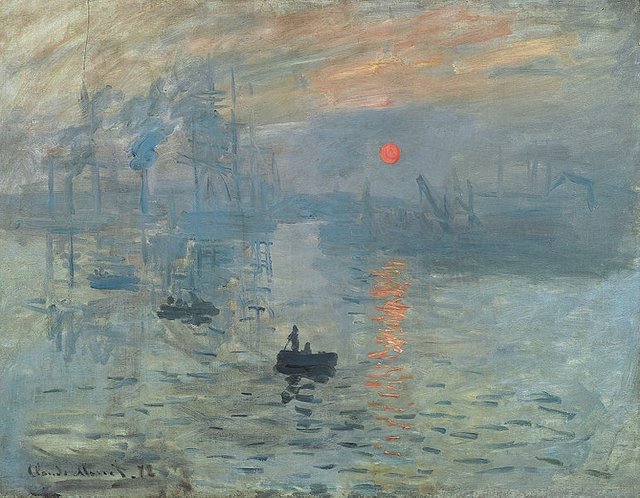
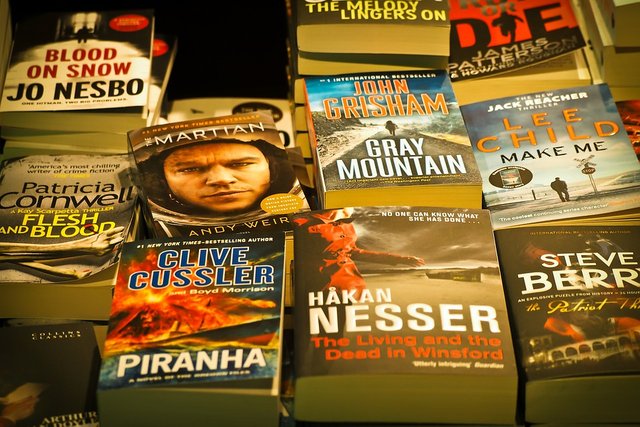
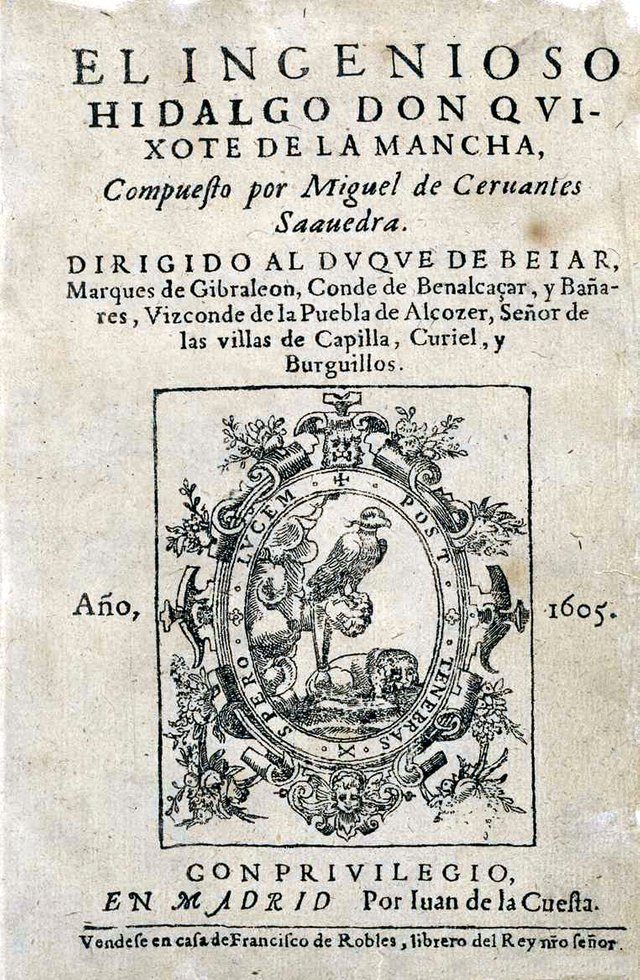




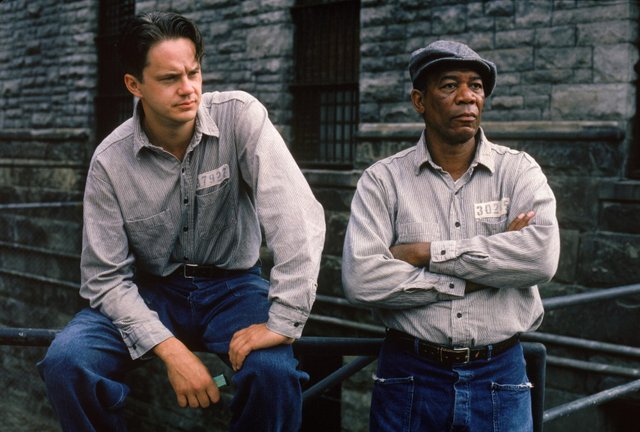
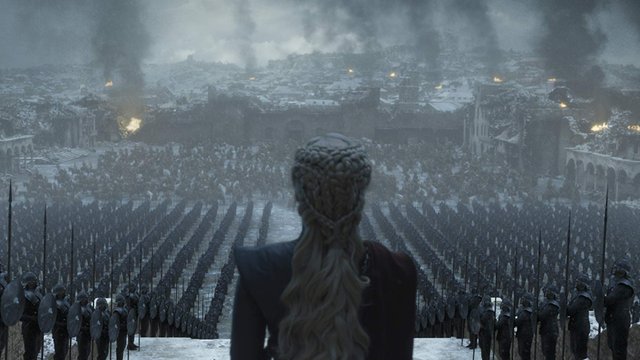
Very well written and thought out.
I often view culture from a self-organizing principle, and in the various social media sites on the internet, various 'cult cultures' will acquiesce and individuals with tastes varying from low to high will assimilate into their respective self-organizing network through random or perhaps teleological (as in, 'water seeking its own level') branching.
One point of hope is that thinking versus feeling cults have better chance of survival in a decentralized network then in a top-down centralized command-control environment.
Case in point would be that the historical shift from thinking culture to mass media feeling culture is attributed largely to the efforts of Edward Barnays, father of modern 'Public Relations', whose sales tactics included appealing to the feeling a product delivers, not its functional, nor necessarily aesthetic, and especially not its intellectual value. Of course, mass communications then was more hierarchical if not precisely a top-down centralized command-control structure compared to today's network topology...
Thank you for your valuable comment. I believe you should write a post about it, you seem to know important things on the subject I'd like to read. Thanks for your support. Greetings.
You're welcome. Occasionally someone like yourself writes something that stirs thoughts like that. I'm not so sure I have all that much to say on that subject or many others, only a few insights here and there, now and then ...
Congratulations @cristiancaicedo! You have completed the following achievement on the Steem blockchain and have been rewarded with new badge(s) :
You can view your badges on your Steem Board and compare to others on the Steem Ranking
If you no longer want to receive notifications, reply to this comment with the word
STOPTo support your work, I also upvoted your post!